Have you ever tried helping someone with the intention of de-escalating a distressing situation but wound up making things a lot more complicated instead?
We all have good intentions to assist people in need of aid.
But even those good intentions can fall short of expectations and can make you wonder if it was better to turn a blind eye to the situation in the first place.
Now put any scenario on a much grander scale, even on a global level.
The repercussions of trying to intervene can have fatal and devastating consequences.
Curious to hear examples of this, Redditor Para--Dise asked strangers online:
"What's something that was supposed to save lives but killed many instead?"
Careful what you ingest. These horrific incidents all started out with a plan that looked good on paper.
Not so much in real life.
Toxic Waters
"Charities dug loads of wells across Southeast Asia, mostly in and around Bangladesh, in order to provide people with clean drinking water. However, as the water level in the table dropped, the concentration of arsenic in the water increased."
"This led to the largest mass poisoning in human history. In all, between 33 and 77 MILLION PEOPLE were exposed to dangerous arsenic levels in the water. Today, it's been estimated that as many as 20 million people are still drinking arsenic-contaminated water in Bangladesh."
– Tin_OSpam
Dam
"Same with the efforts to 'control' The Nile to better irrigate crops. Areas that flooded seasonally were stopped from flooding but then more stagnant water came causing more disease bearing mosquitoes. Crops in certain areas grew less as well due to silt being kicked up. This caused more malnourishment which led to more deaths from malaria and other diseases"
– NemoKhongMotAi
Don't Drink The Water
"Remember when people used to think that radium is healthy and even drank radium-infused water for health? DON'T google it."
– skeletonintheattic
Occupational Hazard
"The Radium Girls. They were female factory workers who painted watch dials with radium because it glows in the dark. They were told to lick the ends of their brushes dipped in radium paint because it saved time and were also told the paint was safe so they would paint their lips, teeth, and nails with it and ended up suffering catastrophic health effects. Don’t Google that either."
– Vegetable_Salad86
Here are examples of urban planning gone wrong.
Cramped Quarters
"The projects. Thought of as luxurious, high rise architecture that would make affordable housing closer to where people worked and help put an end to ghettos."
"Didn’t work out that way, claustrophobic, terrifying towers where you had to know who controlled which stairwell."
– ThinkIGotHacked
Complicated High-Rise
"heard this from a police officer:"
"the projects in my city were all intended to be high-rise, but eventually it started working against law enforcement. criminals would take over the highest floors, so when police rolled in to do raids they were spotted from farther away. as the projects got older and switched owners, they tore them down and built town houses in their place. lower to the ground to take away the criminal advantage..."
– StockingCapStu
Asbestos
"Its such a good mineral unfortunately. It’s a great insulator, very heat resistant, fairly cheap. It was put into almost everything too."
"The amount of buildings in my city that were either abandoned or getting old they just ended up tearing down because the asbestos contamination was so bad it wasn’t worth saving is sad. We’ve lost a lot of landmarks in the last 5-10 years because of damn asbestos."
– CatsInSpaceSwag
It's not surprising the pharmaceutical industry gets scrutinized.
Dopesick
"OxyContin: It was definitely a money grab by the Sacklers but the scientist that created it and the people selling it to doctors in the beginning genuinely believed that they were giving people bedridden by pain a new chance at life. That was the biggest problem. The sales reps were brain washed into being die-hard believers and would go to any lengths to sell the drug. Many doctor's became die-hards too because of the promise that 'less than one percent become addicted.'"
"They went from under-prescribing pain meds to handing them out like candy. Sure, they eventually took bribes when it turned out the stuff was addictive; but they originally believed they were helping their patients and had no idea the fire they were playing with."
"Edit: Hey guys, I just wanted to apologize if I triggered anyone. I see that this was a harder topic for many of you than it was for me. My family's struggle has been with alcohol and mental illness. Most of what I know about this subject was in news articles published to argue against the deal the Sacklers and Purdue was receiving. I'm sorry that I approached it too lightly. Thank you to those that voiced memories. To many of you: may your friends and family rest in peace and I'm glad you remember them. To many others: stay strong because you are worth it."
– thenightscaresme
History Of Heroin
"Heroic strong a.k.a 'Heroin'. The initial plan was to provide it as a medicine/ prescribed drug which soon turned into an additive substance. It is now a Schedule I substance, which makes it illegal for non-medical use. Needless to say it has killed many!"
– JamesA58
Intended Purpose
"Actually it was specifically supposed to be a safe alternative to highly addictive morphine! So... big failure in other words."
– redkat85
Others Substances
"Lithium as a table salt...although it is a salt, too much is toxic! Great for managing mood disorders, though, as long as it is monitored and you don't stay on it too long....too long on it and it is harmful to the kidneys/liver!"
– JohnArkady
Behavior Of Mirror Molecules
"Iirc it was also the drug that taught us that mirror molecules act very differently. Before that, scientists thought the same composition meant same outcome. With Thalidomide, the mirror is a sedative and has no teratogenic effects. It’s unfortunately impossible to produce one or the other singularly, so there is no safe Thalidomide when administered to pregnant women."
– newhappyrainbow
The intentions in some of these examples are questionable. Were big companies actually keeping the public's best interests in mind, or were their proposals a guise for their self-serving needs?
The answer might be easier to determine for some of the circumstances, but others seem to be more complicated.
But at the end of the day, are companies really that nefarious enough to intentionally disregard the lives of others to advance their own selfish causes?
It's an ongoing discussion. What are your thoughts?








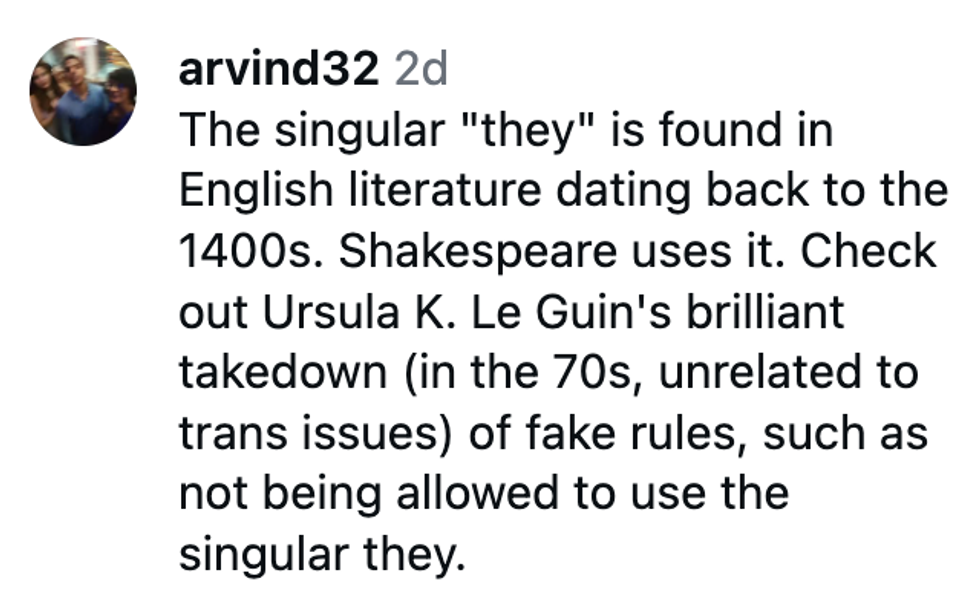
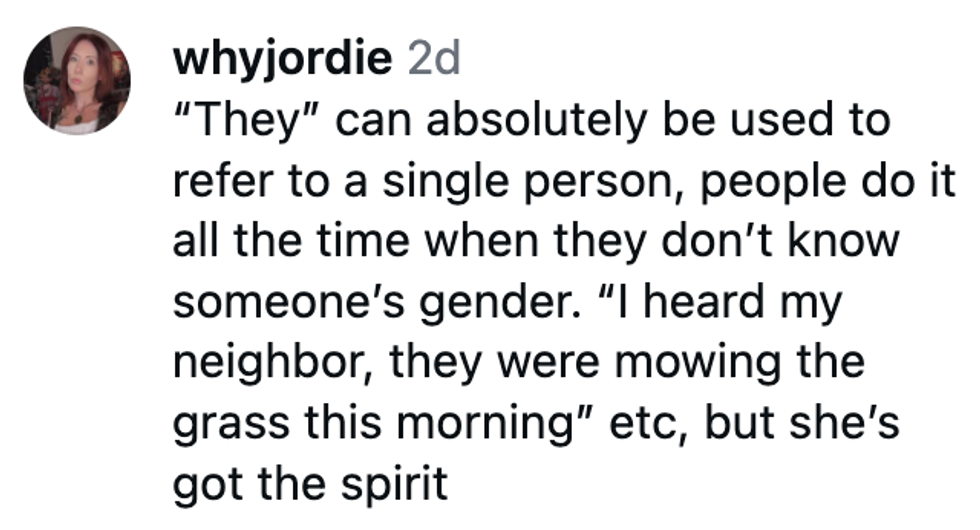

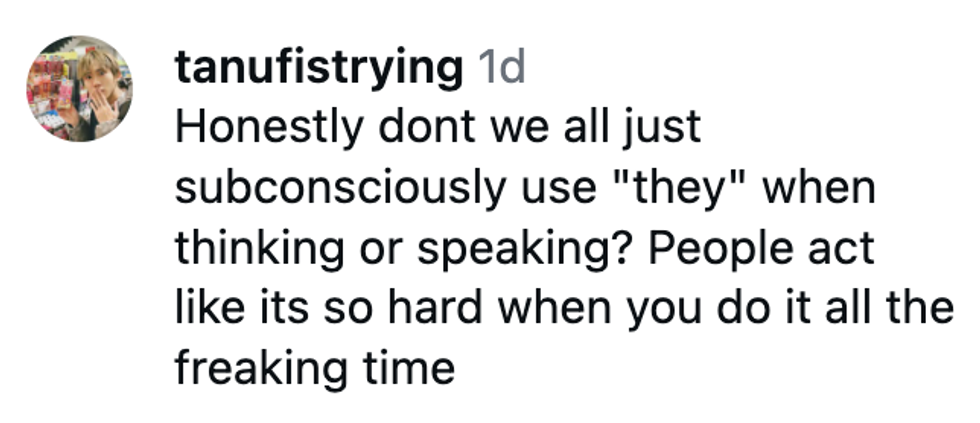
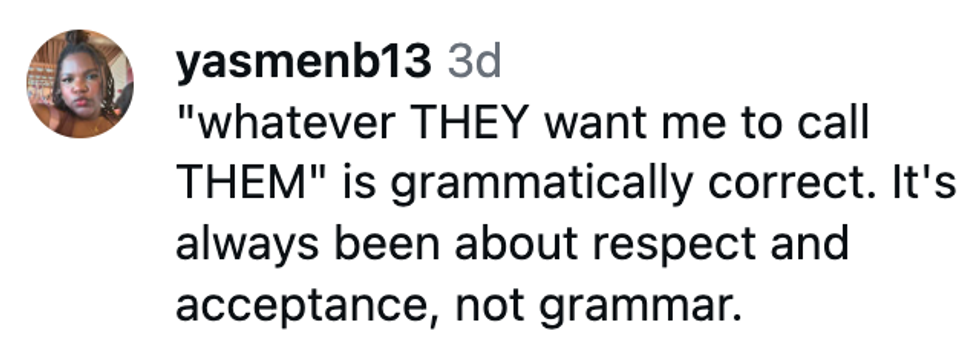

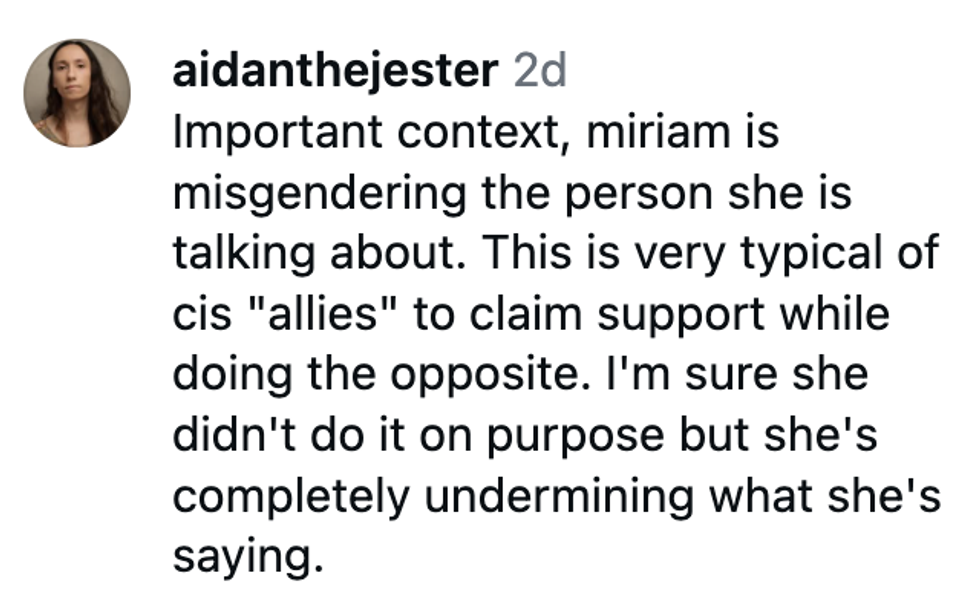






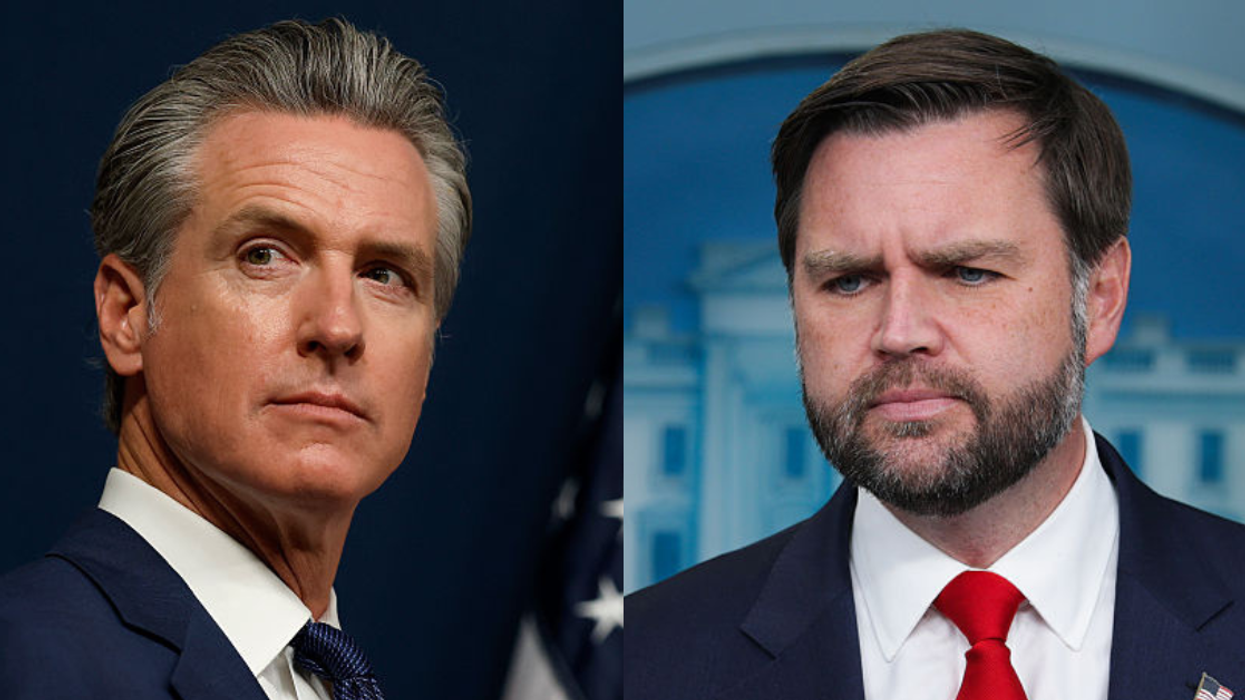





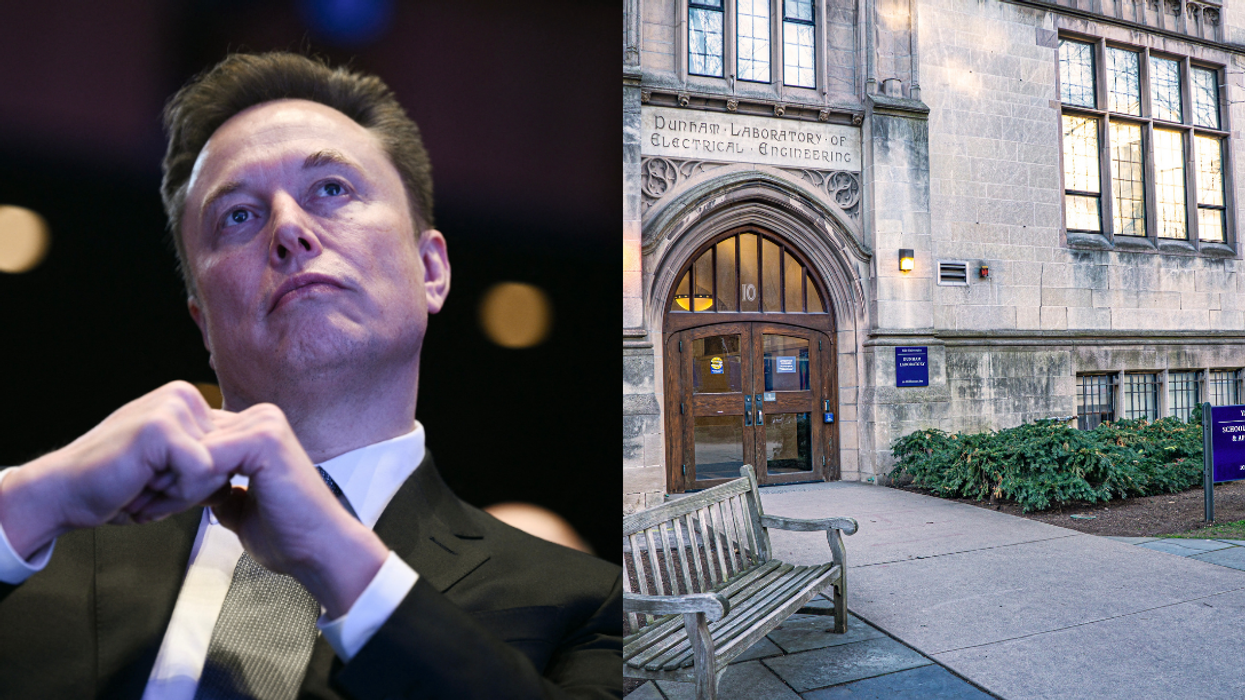
 replying to @elonmusk/X
replying to @elonmusk/X replying to @elonmusk/X
replying to @elonmusk/X replying to @elonmusk/X
replying to @elonmusk/X replying to @elonmusk/X
replying to @elonmusk/X
 Barry Manilow/Facebook
Barry Manilow/Facebook Barry Manilow/Facebook
Barry Manilow/Facebook Barry Manilow/Facebook
Barry Manilow/Facebook Barry Manilow/Facebook
Barry Manilow/Facebook Barry Manilow/Facebook
Barry Manilow/Facebook Barry Manilow/Facebook
Barry Manilow/Facebook Barry Manilow/Facebook
Barry Manilow/Facebook Barry Manilow/Facebook
Barry Manilow/Facebook Barry Manilow/Facebook
Barry Manilow/Facebook Barry Manilow/Facebook
Barry Manilow/Facebook Barry Manilow/Facebook
Barry Manilow/Facebook